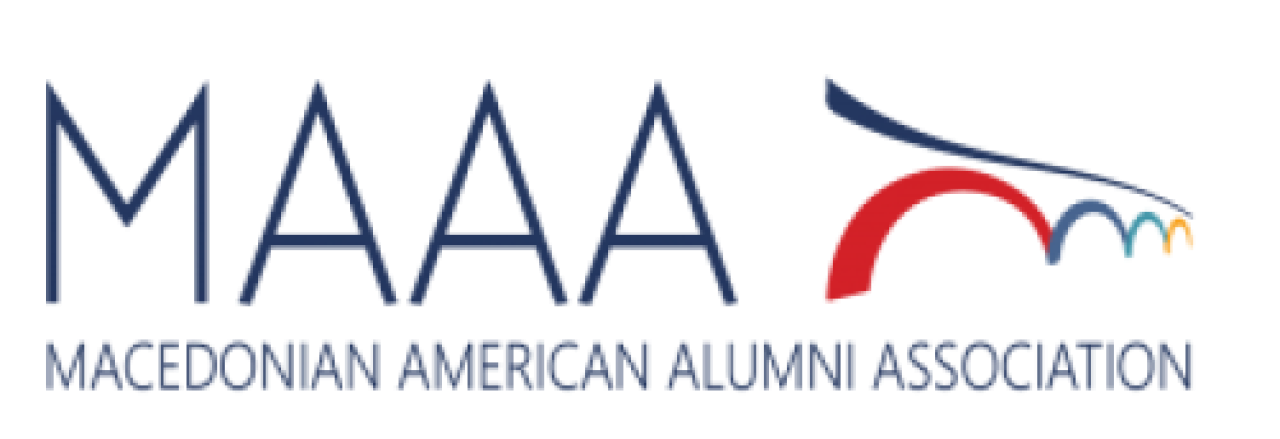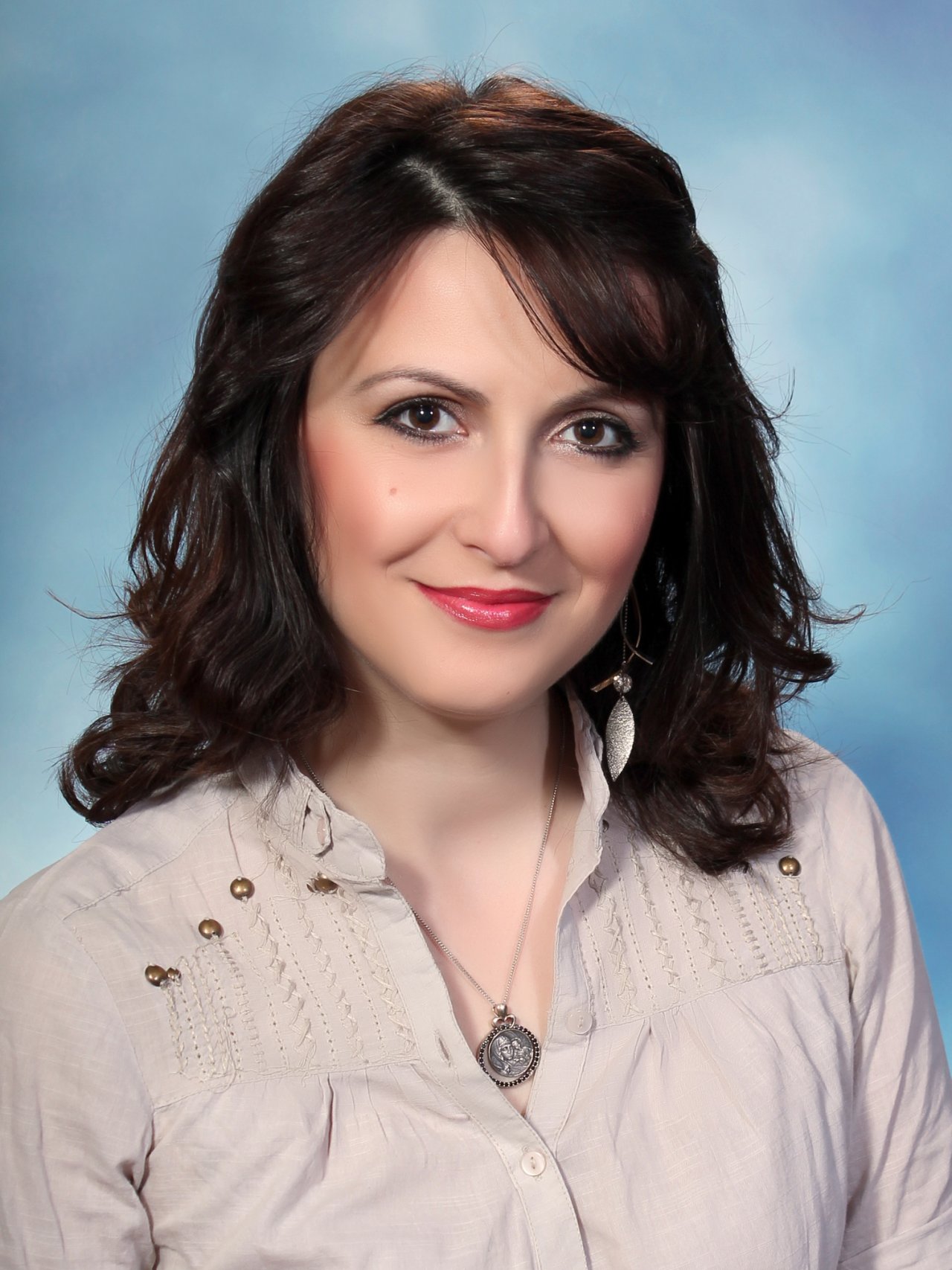Interviewed by: Marija Vasilevska


INTERVIEW with Zorica Trajkova Strezovska, President of MAAA

Ms. Zorica Trajkova Strezovska is a Professor at the Department of English Language and Literature at the Faculty of Philology "Blaže Koneski", Ss. Cyril and Methodius University Skopje. She is the author of numerous articles and professional scientific books, mostly in the area of Applied linguistics.
She joined MAAA in 2009 after completing the Junior Faculty Development Program at Arizona State University in the USA. As the recently appointed president of MAAA, Ms. Trajkova Strezovska shares insights into her background and outlines her vision for MAAA along with its operations over the next two years.
Marija (Interviewer): Ms. Trajkova Strezovska, you are the newly elected president of MAAA. Please tell us more about yourself and why you applied for this position.
Zorica: The mindset I strive to cultivate is marked by resilience, unwavering determination, and a positive outlook. Tackling challenges and aspiring to success have been the driving forces that have always propelled me forward in life, fueling my efforts to fulfill personal dreams and construct a career as a researcher and professor. Presently, I hold the position of a full professor at the Department of English Language and Literature at Ss. Cyril and Methodius University.
MAAA has been a great source of inspiration for me ever since I became its member after my transformative experience as a JFDP visiting scholar in the USA. Grateful and profoundly influenced by this experience, I was compelled by a strong desire to connect with like-minded individuals and apply the knowledge gained to contribute towards the enhancement of our society, particularly in the area of education, which is my expertise. Thus, I embarked on this journey with MAAA with unwavering passion and enthusiasm, initially immersing myself as the editor of MAAA's newsletter, and then as a member of the Executive Board and a Vice president for two mandates. The decision to run for President stems from my belief that I can continue contributing to the association's growth and well-being.
Marija (Interviewer): How do you perceive MAAA? What does the association do for the current and future alumni?
Zorica: MAAA aims to be the leading network in our country for advocating and promoting strong bilateral U.S.–Macedonian relations and supporting socio-cultural and economic cooperation between the two countries. It aspires to function as a pivotal conduit for fostering collaboration and nurturing dialogue across various segments of our societies, while concurrently promoting human freedom and democracy.
To me personally, MAAA is a kind of a refuge that shields us from societal wrongs, facilitates connections with accomplished individuals, and provides an avenue to utilize our talents, experience, and knowledge for the betterment of the society and fostering positive impact.
Marija (Interviewer): What are your plans for your mandate? How do you think MAAA will be different two years from now?
Zorica: There are several key initiatives I intend to undertake during my mandate to enhance the effectiveness and impact of our association. The most important one is to strengthen the network of our members by engaging them in a diverse array of projects aligned with their expertise and interests and fostering ample opportunities for the exchange of ideas and knowledge. Efforts will extend to activating our members who currently live and work abroad through the creation of an open platform, allowing them to actively participate in our initiatives and propose their own projects. Additionally, the ties between MAAA and other alumni associations in the Balkans and across Europe need to be strengthened.
In line with our association's core objective of supporting bilateral relations with the USA and the Strategic Dialogue, I will seek to secure additional projects and funding in this direction. This would involve establishing connections with relevant state institutions, and American organizations within our country, and integrating MAAA members into the specialized working groups focusing on various aspects of the Strategic Dialogue. These strategic actions collectively aim to propel MAAA into a more impactful and recognized position in the society in the next two years.
Marija (Interviewer): In what direction do you think, MAAA should focus its future activities?
Zorica: MAAA has a strong pool of experts and our mission is to utilize their talents, leadership abilities, and valuable experience and knowledge acquired while participating in the various U.S.-sponsored exchange programs and make a considerable contribution to our society and elevate its overall functionality.
While there are numerous potential avenues for MAAA's future endeavors, I firmly believe that addressing the pressing concerns surrounding the rule of law and implementing anti-corruption measures should be taken into consideration first. These issues serve as the root cause for a myriad of challenges our society faces currently, including the erosion of morality, diminished motivation and enthusiasm, a surge in brain drain and the unfortunate loss of young, educated experts etc. In my opinion, by strategically focusing on these critical areas, MAAA can actively participate in fostering positive societal transformation.
Moreover, the achievements of our members can serve as an inspiration for all other citizens of our society, particularly the youth, women, and marginalized groups. I am confident that their expertise, knowledge, and positive examples have the potential to inspire a positive transformation in numerous individuals.
Marija (Interviewer): What are MAAA’s biggest successes until this day?
Zorica: With its potential of highly capable, qualified, talented and competent members, MAAA has become a serious organization which is recognized not only in our country but worldwide. It has built the image of one of the best-organized and most active alumni associations in the world. MAAA succeeds in instigating positive societal changes by promoting collaboration, fostering dialogue across diverse segments of our societies, and initiating transformative solutions for specific areas of social life in need of improvement. Concurrently, it actively advocates for human freedom and democracy.